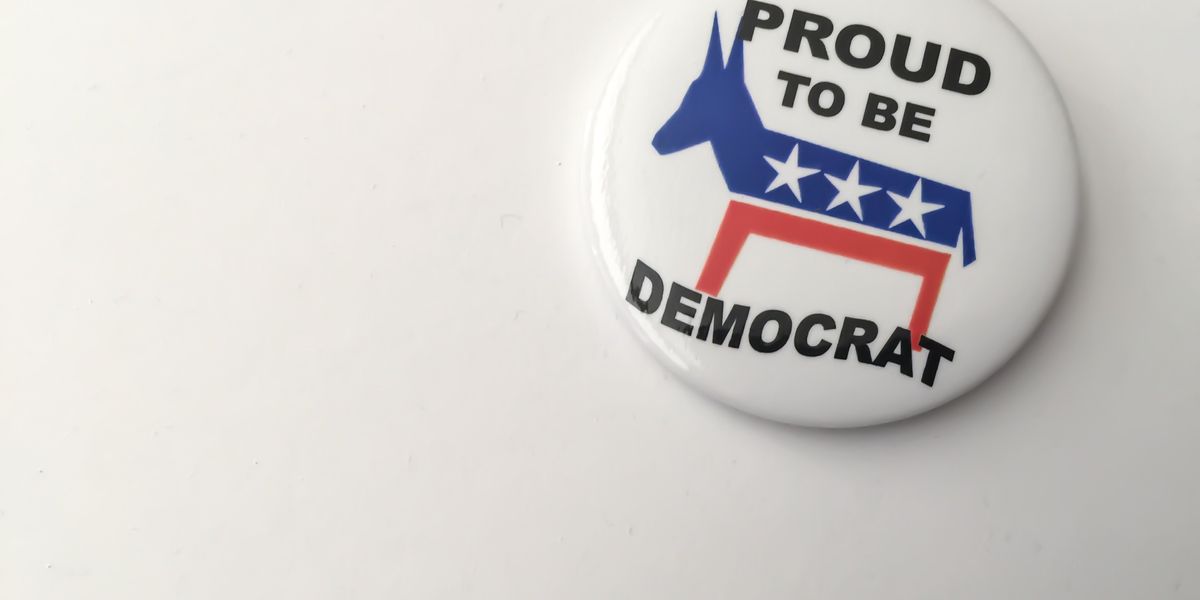We support our Publishers and Content Creators. You can view this story on their website by CLICKING HERE.

The Democratic Party is hemorrhaging not just voters, but lawmakers too.
Most recently, Florida state Rep. Hillary Cassel announced Friday that she would be switching her party affiliation from Democrat to Republican because she believes in “their vision for a better, more prosperous Florida.”
There is no greater evidence of this shift than the overwhelming loss Democrats endured on November 5, especially among constituents and voting demographics that have reliably voted blue for decades.
“As a mother, I want to help build a world where our children are judged on their character and their actions, not on their labels,” Cassel said. “As a proud Jewish woman, I have been increasingly troubled by the Democratic Party’s failure to unequivocally support Israel and its willingness to tolerate extreme progressive voices that justify or condone acts of terrorism.
“I’m constantly troubled by the inability of the current Democratic Party to relate to everyday Floridians,” Cassel continued. “I can no longer remain in a party that doesn’t represent my values.”
Although she is switching her affiliation, Cassel points out that her values won’t necessarily always be in line with the entire Republican conference.
“I know I won’t always agree on every detail with every Republican, but I do know that I will always have input, collaboration, and respect,” Cassel said. “The House Republican Conference empowers members to find common-sense solutions to real issues facing all Floridians. They welcome different ideas and collaboration, which is the cornerstone of effective government. Those are my values.”
Cassel is the second Florida lawmaker to switch her party affiliation this December. Recently re-elected Florida state Rep. Susan Valdes also announced that she will be changing her affiliation from Democrat to Republican in a statement echoing Cassel’s.
“In the House, I have long known that no one has a monopoly on good ideas,” Valdes said. “I will not waste my final two years in the Florida Legislature being ignored in a caucus whose leadership expects me to ignore the needs of my community.”
“I want to roll up my sleeves and work,” Valdes continued. “I want to be a part of solving problems for West Tampa. I’m tired of being the party of protesting when I got into politics to be part of the party of progress. I know that I won’t agree with my fellow Republican House members on every issue, but I know that in their caucus, I will be welcomed and treated with respect.”
This change of heart from Valdes and Cassel is not an isolated incident. California state Sen. Marie Alvarado-Gil also announced in August that she would be abandoning the Democratic Party and switching to the Republican Party.
“In the past two years that I’ve been working in the Senate, I have not recognized the party that I belong to,” Alvarado-Gil said. “The Democratic Party is not the party that I signed up for decades ago.”
Among the lawmakers and voters who have increasingly rejected the Democratic Party, the common thread has been the fact that the party has become unrecognizable. There is no greater evidence of this shift than the overwhelming loss Democrats endured on November 5, especially among constituents and voting demographics that have reliably voted blue for decades.
Whether Democrats decide to correct course for the sake of political viability is yet to be seen.
Like Blaze News? Bypass the censors, sign up for our newsletters, and get stories like this direct to your inbox. Sign up here!

 Conservative
Conservative  Search
Search Trending
Trending Current News
Current News 





